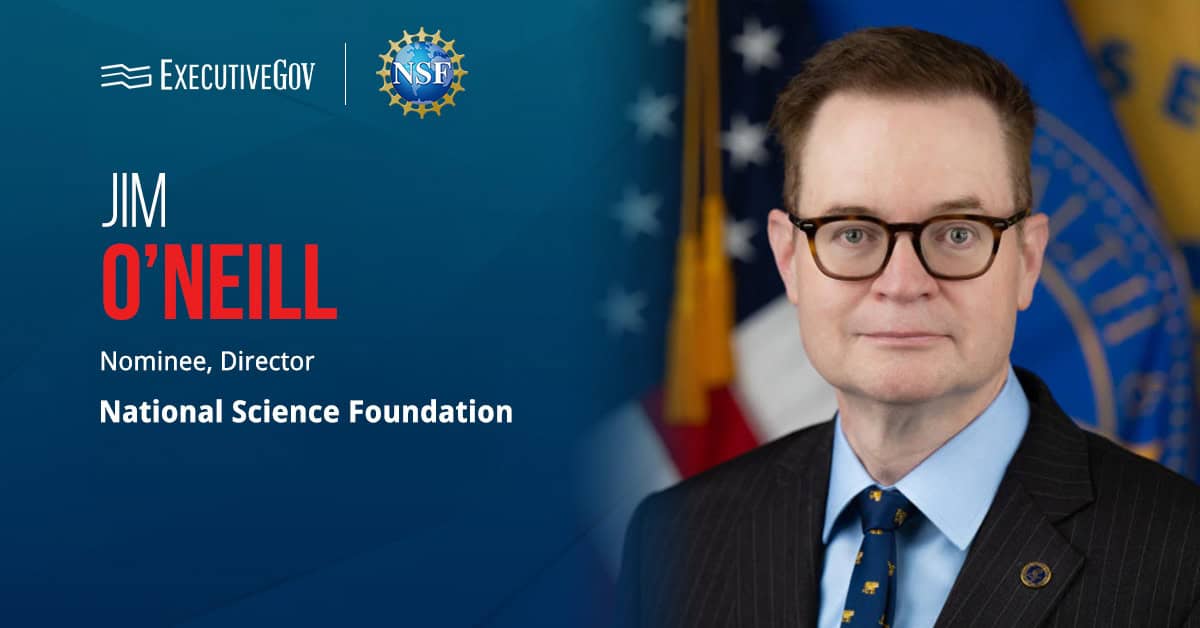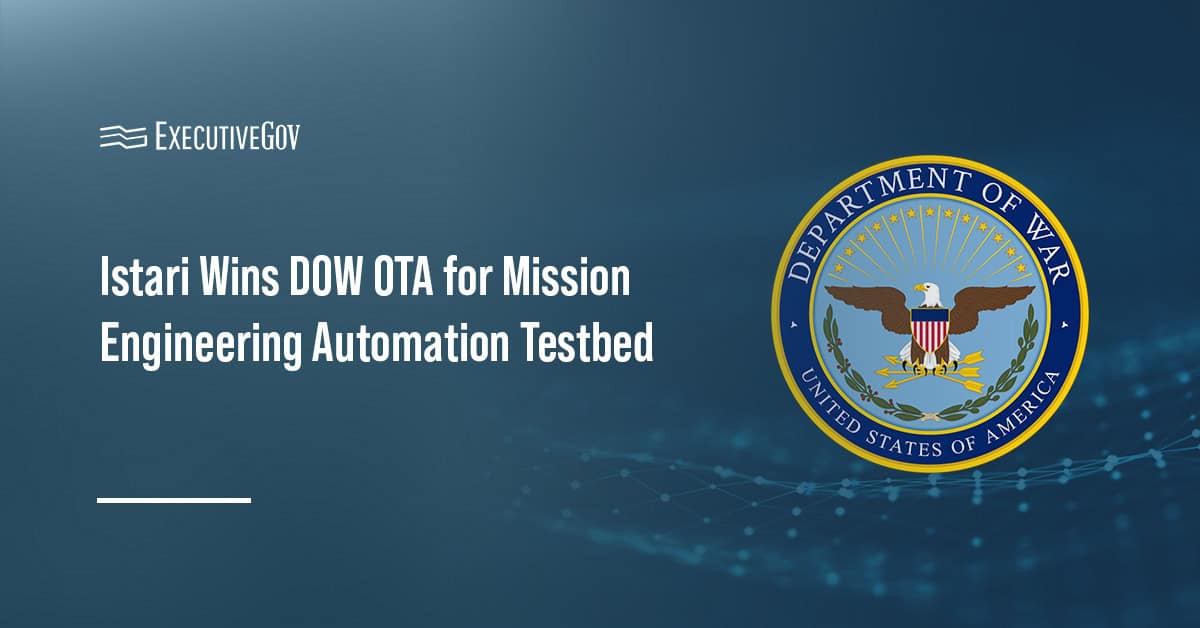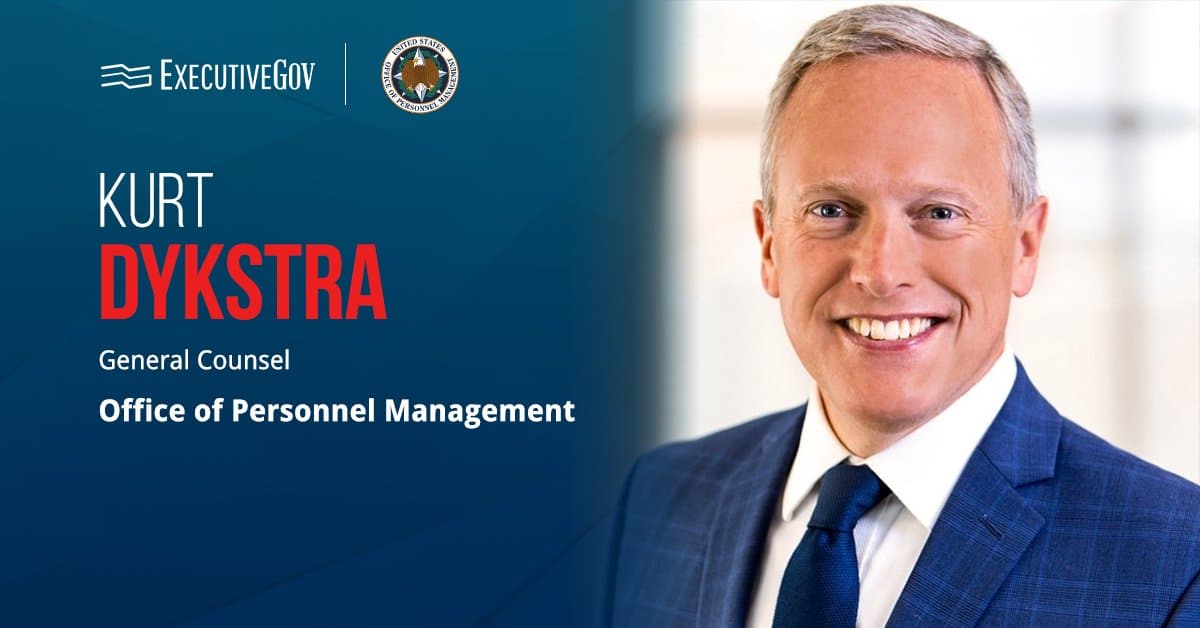 David Norquist, who has served as comptroller at the Department of Defense since 2017, will assume the role of deputy defense secretary on an interim basis, Defense News reported Wednesday.
David Norquist, who has served as comptroller at the Department of Defense since 2017, will assume the role of deputy defense secretary on an interim basis, Defense News reported Wednesday.He will take on the responsibilities of Patrick Shanahan, who took over as acting DoD secretary after James Mattis announced his resignation.
“Norquist has had insight into virtually every tenet of this department,†Shanahan said in a statement.
“I have the greatest confidence in his abilities to lead a phenomenally talented team while performing the duties as Deputy Secretary of Defense,†Shanahan added.
Norquist recently led the first audit at DoD, according to the report.
He is a 28-year federal financial management professional who previously served as a partner at accounting firm Kearney and Co., and chief financial officer at the Department of Homeland Security.





